If your organisation is grappling with the full reality of the great resignation perhaps it’s time to take a closer look at your workplace. According to a new report by MIT Sloan Management Review, ‘a toxic corporate culture is by far the strongest predictor of attrition and is 10 times more important than compensation in predicting turnover.’
How would you describe your work culture?
Could this be the reason your employees are leaving?
MIT reported 5 leading elements which contribute to toxic cultures: being disrespectful, non-inclusive, unethical, cutthroat and abusive.
Surely then, you’d know if your organisation was toxic, wouldn’t you? Well actually, perhaps not. There are a lot of other factors that can create a toxic culture. Toxicity can occur in micro-cultures, between individuals and even in negative behaviours that have been normalised over time, so at an organisational level toxicity can be easily missed.
Nevertheless, if your attrition rates are on the rise, this is a good indication that there is a growing problem that you must urgently address because a toxic culture will only serve to derail your organisation and show up negatively on the bottom line.
So what can you do to detox a toxic culture?
Ultimately, leaders and managers must take responsibility for turning around a toxic culture, but herein lies a dichotomy. According to a Gallup Survey, 50% of employees leave their workplaces to get away from a bad manager and most employees blame toxicity on poor management. The very people organisations must rely on to detox the culture are contributing to the toxic environments people are trying to escape. This is not a tenable position for any organisation and actions must be taken to upskill managers and embed more positive management behaviours that will cultivate cultures people want to join and, crucially, don’t want to leave.
Managers must relearn how to engage with people
Managers play a major role in cultivating culture but they are rarely given the skills they need to do so. Traditional management training programmes can fall short of the mark and often reinforce, or politely ignore, outdated management behaviours that stop managers from stepping up as people managers. Or more likely, as one leader of an organisation with over 100,000 employees recently commented, “we do a great job onboarding new employees, but don’t do anything to onboard new managers”. You can’t assume these people management skills will be acquired through osmosis.
Great managers need to learn how to engage with people to drive better outcomes. This means learning how to drop the typical command and control style of management that can enable toxic behaviours to manifest in favour of more of an Operational CoachingTM approach which is altogether more engaging and invites greater levels of contribution from others.
Adopting an Operational CoachingTM approach requires a rewiring of management thinking and a reprogramming of unhelpful (and sometimes toxic) management responses but this isn’t about teaching your managers about how to conduct formal 1-to-1 coaching sessions behind closed doors or having them attend futile management training courses that have little impact.
Rather, it’s about helping your managers to embed an enquiry-led approach (ELA®) into their natural leadership behaviours which they can utilise every day in the moment and on-the-job. This unique style of management, known as Operational CoachingTM, has been statistically proven to transform management behaviour in less than six months.
So how does Operational CoachingTM help managers to detox the workplace?

COMMUNICATION IMPROVES

CONFLICT IS DIFFUSED

COLLABORATION AND CONTRIBUTION INCREASES

INCLUSION GROWS

INNOVATION IS BOOSTED

EMPOWERMENT IMPROVES
Toxicity is a major issue for organisations. Toxic environments lead to disengaged staff, low morale, poor productivity, increased absence levels, high recruitment costs and greater legal liability.
High attrition rates could indicate that there’s a problem even if you can’t immediately see one.
Organisations must take steps to detox their organisations and give their leaders and managers the skills they need to promote healthy, happy and productive workplaces. By embedding an Operational CoachingTM approach as the primary leadership style in your organisation, you are giving your organisation the best chance of success.
There are simply no downsides. Organisations that upskill their managers and foster great cultures benefit from the contributions of more engaged employees who are less stressed, more satisfied and far more likely to stick around. Furthermore, they’ll be better placed to attract new talent and become the winners in the race for talent.




